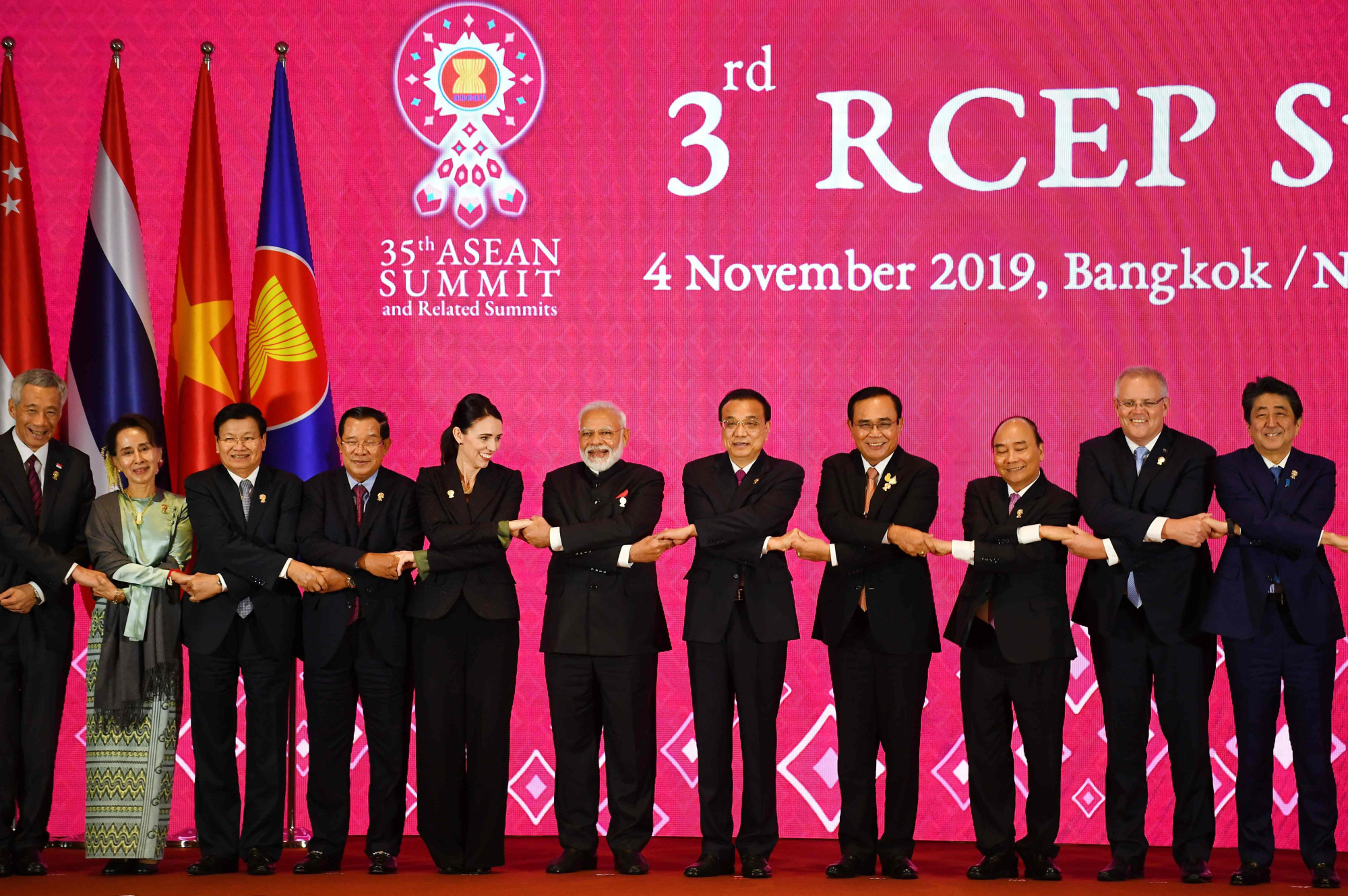Negotiations for concluding the Regional Cooperation for Economic Partnership (RCEP) agreement among 16 countries including China, Japan, India, South Korea, Australia, New Zealand and ASEAN members ended during the recent summit meetings in Bangkok. Fifteen of the 16 members said they will aim to sign the agreement by 2020.
At the last minute, India said it could not join the RCEP out of concern it would not adequately safeguard its manufacturing and farm markets against a drastic increase in Chinese exports. Japan was quick to announce that it will continue to seek the inclusion of India and managed to insert language to that effect in the joint statement issued at the end of the Bangkok meetings, whereas China quietly let India isolate itself from the multilateral free trade negotiations that will have global significance.
Since the United States pulled out of the Trans-Pacific Partnership in 2017, the RCEP grouping has been billed as the world's largest free trade area, and would account for half the global population and one-third of its gross domestic product.

















With your current subscription plan you can comment on stories. However, before writing your first comment, please create a display name in the Profile section of your subscriber account page.